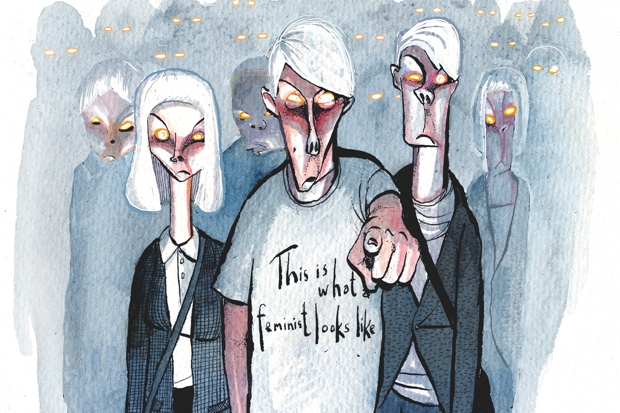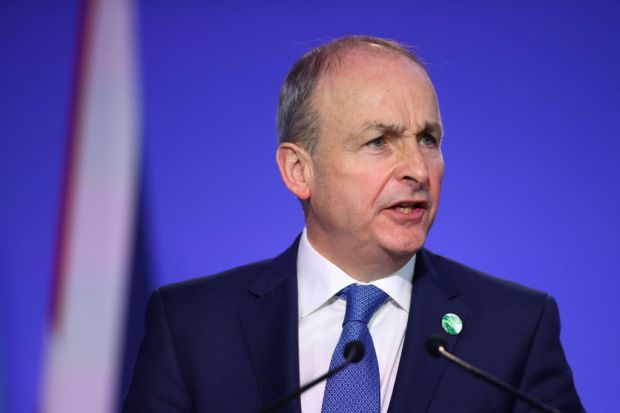You might have thought that of all the things that could get you in trouble on a university campus today, blasphemy would not be one of them. That the days of unbelievers being banished and having their works burned by college dons were long behind us. That the old blasphemies had at least been replaced by new, secular blasphemies about race and gender. Not so, it seems. As one law academic has found out, criticising or even just discussing religious practice is still a risky business at British universities – only the God that campus authorities fear seems to have changed.
Universities should not be giving in to such intolerance
Steven Greer was a human-rights law professor at the University of Bristol until he retired last year. But his many years of service weren’t rewarded with a gentle exit. In 2020, he was the subject of a formal complaint by the Bristol University Islamic Society. His alleged crimes included an ‘Islamophobic’ teaching slide about Charlie Hebdo, a ‘bigoted and divisive’ lecture on the treatment of women and non-Muslims under Sharia law, and laughing – Heaven forfend – at a passage from the Koran during a seminar. He was formally exonerated by an independent, KC-led investigation, but still had to endure defamatory petitions, online abuse and, he claims, a cowardly lack of support from his own university.
In interviews this week, Greer has blasted Bristol management. He accuses them of kowtowing to the Islamic Society and quietly removing parts of a course that had helped sparked the students’ righteous fury. The university denies this, saying changes to the course were made ‘quite independent[ly] of the complaint raised’ – noting the complaint was not upheld. But the limp statement issued by Bristol after Greer was ‘exonerated’ back in 2021 hardly gave the impression of an institution making a principled stance for freedom of expression. It nodded to the Islamic Society’s ‘concerns and the importance of airing differing views constructively’ – even though ‘airing differing views constructively’ was clearly not what this group of students were interested in. Their original petition had demanded Greer apologise and recant or be sacked.
This is a horrifying development. After years of pretending campus cancel culture wasn’t really a thing, newspapers now abound with stories of academics being hounded by students, even being bombarded with threats, while university officials stare at their shoelaces. Take the case of Kathleen Stock, the gender-critical philosopher who was menaced by trans activists at the University of Sussex until she couldn’t carry on any longer. Or Neil Thin, the Edinburgh social anthropology lecturer who was suspended and investigated, before being cleared of course, over nonsensical allegations of racism based purely on his opposition to woke identity politics. In Greer’s case, we see intolerant Muslim students latching on to the language of wokism – when he was cleared the Islamic Society accused the university of ‘celebrating bigoted menfolk and advancing colonial thought’ – to essentially present blasphemy as racism, to smear human-rights professors as ‘Islamophobes’ for proffering critiques of Islamic law.
Universities should not be giving in to such intolerance. And yet they do, constantly. Even if that means these nominally liberal, rational institutions abiding by de facto blasphemy laws. Surely, it is time to say enough is enough. If you can’t freely debate religion at British universities today, then what exactly is the point of them?
Got something to add? Join the discussion and comment below.
Get 10 issues for just $10
Subscribe to The Spectator Australia today for the next 10 magazine issues, plus full online access, for just $10.



















Comments
Don't miss out
Join the conversation with other Spectator Australia readers. Subscribe to leave a comment.
SUBSCRIBEAlready a subscriber? Log in